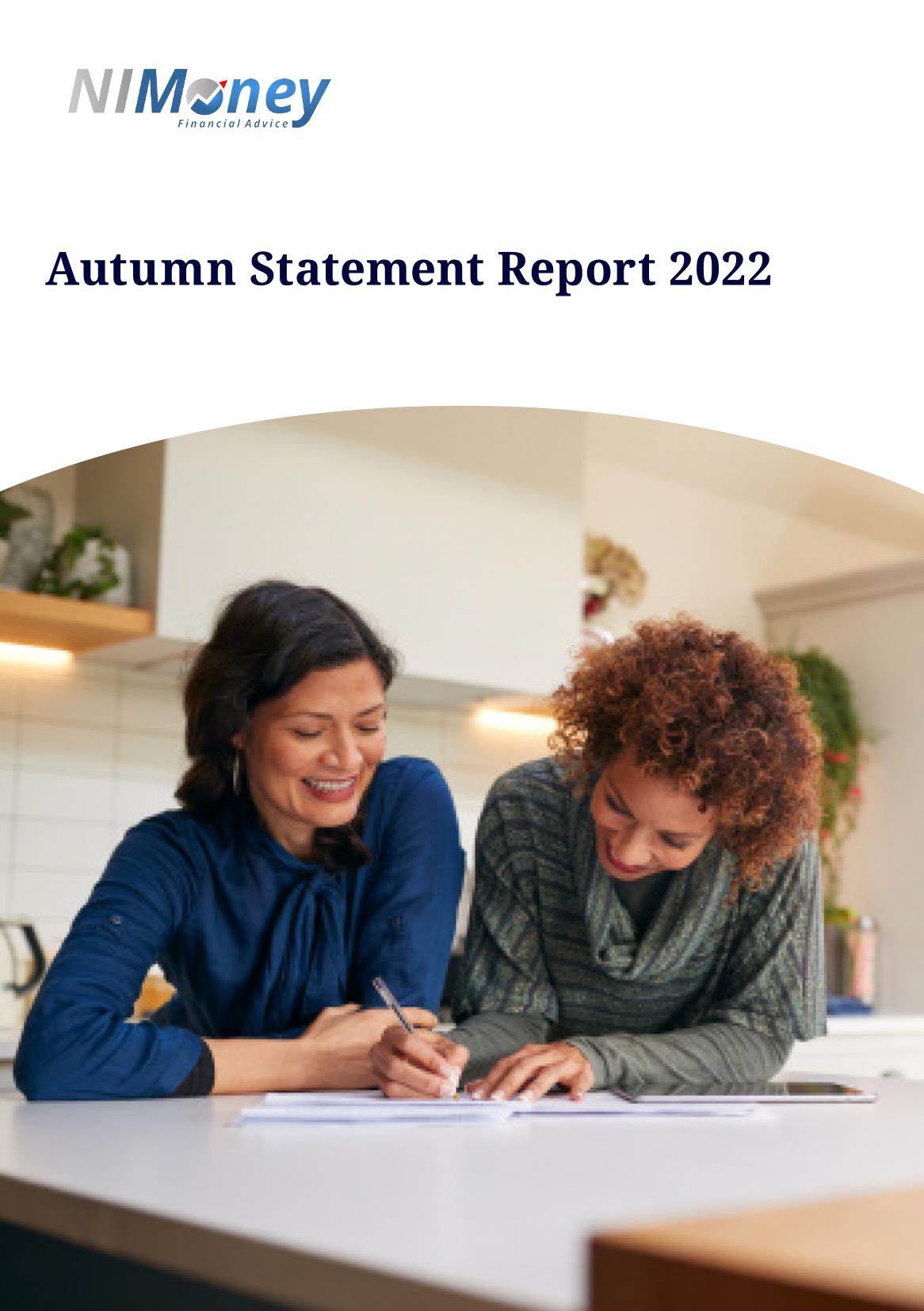Providing a retirement windfall for your child
Russell Hathaway • 25 February 2020
Taking a closer look at children’s pensions

Providing a retirement windfall for your child
Planning ahead and starting early can really help when it comes to building up a financial future for the children in your life. The Junior ISA (JISA) is a popular choice for many, but one often overlooked investment option is the ability to open a pension for your child, to help set them up for retirement.
Increasingly popular choice
Although retirement is a very long way off for your child, putting some money aside now means they can be one step ahead when they come to plan their retirement. Any parent or legal guardian can set up a pension, which will automatically transfer to your child once they reach the age of 18, at which time they can continue to contribute or leave the savings invested. Under current rules (which may be subject to change in the future) they can access the pension from age 55.
A valid option, worth considering
In addition to your own pension contribution allowances, people often don’t realise that they can also put money into someone else’s savings. If the recipient is a non-taxpayer, as most children are, they are still entitled to tax relief on any contributions made. Pension rules allow anyone to pay contributions on behalf of a child, so other family members such as grandparents can get in on the act too.
HMRC data indicates over 60,000 families have opened pension plans for their children. As personal pensions come with no minimum age restriction, many people opt to open one when their child is born.
Know the numbers
Current pension rules allow you to put up to £2,880 a tax year into a pension for a child. Tax relief of 20% means that this is then topped up to £3,600. No further Income Tax or Capital Gains Tax will be payable on the investments held in the personal pension, until your child starts taking benefits, (which currently cannot be before age 55). If you start pension contributions once a child is born and used the full allowance, the contributions would cost just under £52,000 over 18 years, and this, under current rules would be topped up by around £13,000 in tax relief.
Assuming growth in investments over the period, when the child reaches age 55 currently, they would have a sizable pension pot to draw upon, the spending power of which will of course depend on the passage of inflation over the intervening years.
Getting the balance right
Aside from retirement provision, you also need to consider providing financial assistance for more pressing priorities, such as university fees or money for a house deposit, or a wedding perhaps. Any pension savings won’t be available to help children with these financial priorities earlier in their adult lives. So, ideally a pension for your child should be regarded as part of a wider plan, rather than the only investment embarked upon.
Start a pension for your child today
With the full State Pension currently £168.60 a week, this is certainly not enough on its own to provide a comfortable retirement, so why not set the wheels in motion to provide a retirement windfall for your child? It’s also a great way to introduce your child to the concept of long-term saving. Families thinking about how to save and invest most efficiently during 2020 shouldn’t overlook pensions for children. Even if the full allowance isn’t contributed, any money saved could still provide a valuable nest egg at retirement.
If you would like to know more about investing for children, please get in touch.
The value of investments can go down as well as up and you may not get back the full amount you invested. The past is not a guide to future performance and past performance may not necessarily be repeated.
HM Revenue and Customs practice and the law relating to taxation are complex and subject to individual circumstances and changes which cannot be foreseen.

Our regular newsletter is available on our website to download. It is packed with articles, ideas and information to help you improve your financial well-being. To download your free copy, click here Articles - The value of advice - Cohabiting couples should make a Will - Why it makes sense to spread your investments - How has COVID-19 affected your retirement? - Home improvements to add value to your home - Want to avoid retirement remorse - Now could be a good time to remortgage To download your free copy, click here









